5 Inspiring Quotes to Enlighten Your Day on Topic
Unveiling the Layers: An In-depth Exploration on Quoting Quotes

'Quoting Quotes' is a fascinating subject that extends beyond simple citation. It delves into exploring the essence of thoughts and ideas captured eloquently by others. The very act invigorates academic discourse, shapes dialogues, and influences perspectives. As we explore this topic, we'll unravel the profound impact of quoting quotes on our communication and introspection.
![[quoting someone else] the American constitution is a document designed by geniuses to be eventually interpreted by idiots](/quotes/Image Quoting Quotes-Joseph J. Ellis_1_9.webp)
Joseph J. Ellis is an acclaimed American historian and Pulitzer prize-winning author, known for his scholarly research and compelling narratives on the founders of the United States. The quote in question is from his book 'American Dialogue: The Founders and Us', where Ellis masterfully explores the continuous conversation between past and present, examining how the founding fathers might have addressed the issues of today. Ellis' quote speaks to his belief in the enduring relevance of the American constitution, albeit cautioning about its misuse or misinterpretation over time. Drawing upon the genius of the constitution's creators, he contrasts it with his worry that future interpreters might inadequately understand or apply its principles. Hence, Ellis' statement is both an appreciation of the founders' foresight and wisdom, and a pointed critique on the potential distortions of their intentions. It encapsulates Ellis' broader concern about the dichotomy between historical understanding and modern application regarding constitutional matters.
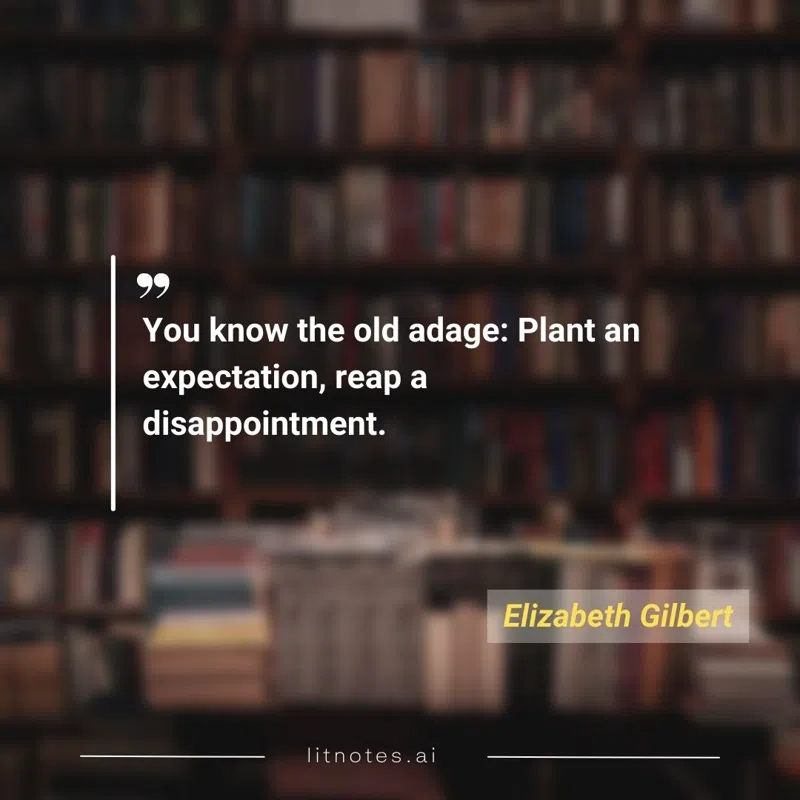
Elizabeth Gilbert is a renowned author most recognized for her bestselling memoir, 'Eat, Pray, Love'. The quote in question is not from a specific book, but rather a general sentiment she has expressed in her various writings and talks. This profound statement touches upon the nature of expectations and their resulting disappointments. Gilbert essentially conveys that if we plant and nurture certain expectations about any aspect of our life, we are setting ourselves up for disappointment upon realization that reality did not meet our expectations. This adage, therefore, urges readers to be mindful of the expectations they set, be it for themselves, others, or certain situations. The crux of the thought is anticipation of the imminent cause-effect relationship between expectation and disappointment, thereby suggesting a life where one goes with the flow, thus avoiding the pitfalls of unnecessary disappointments.
![Every time [Rand Paul] opens his mouth, it gets a little crazier. Today he angrily demanded that the liberal media stop quoting him in context.](/quotes/Image Quoting Quotes-Bill Maher_3_109.webp)
Bill Maher, the author of the quote, is a well-known American comedian, political commentator, and television host, best known for the HBO political talk show 'Real Time with Bill Maher.' This particular quote doesn't come from a book, but rather from his ongoing talk show where he often shares his frank views on various topics. The opinion expressed in the quote is one of critique towards Rand Paul, a prominent figure in American politics. By saying that Paul's comments become 'a little crazier' each time he speaks, Maher clearly expresses his disagreement and skepticism towards Rand's statements and political views. Furthermore, Maher’s remark about Paul’s annoyance with the media suggests that he finds Paul’s claims of being misquoted or taken out of context unconvincing, indicating Maher’s skepticism over Paul’s credibility.
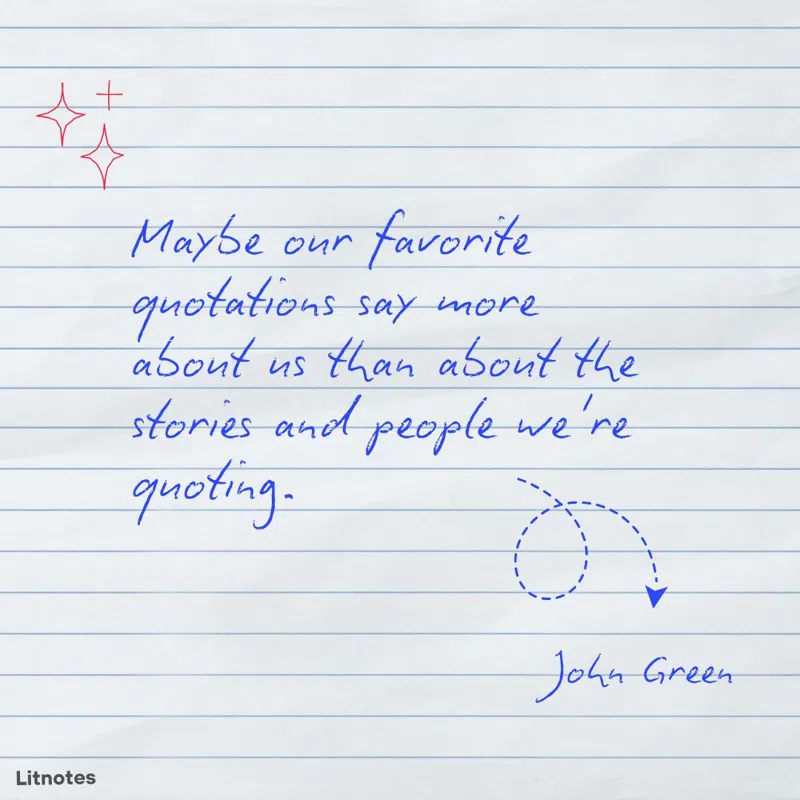
John Green, the author of the quote, is an acclaimed novelist known for his illuminative storytelling that resonates with the readers' deepest emotions. Green has penned numerous books that are recognized globally, with one of them, perhaps being the source of this quote. A possible context can be seen from his book 'Looking For Alaska'. The quote is inherently expressive of the philosophy that the quotes we cherish and empathize with, are often reflective of our characteristics, personality or perspective towards life. It's as if these quotations are mirrors to our souls, magnifying what lies within us than the situation or the person being quoted. It suggests that our choices of quotes are a telling map of our self, throwing light on our intrinsic values and beliefs. It brings forth a fascinating aspect of human psychology, symbolizing the interconnection between our fondness for certain quotes and our self-identity.

Cassandra Clare, a renowned author recognized for her brilliant fantasy-based works, penned this statement. She is popularly known for her Young Adult fiction series, 'The Mortal Instruments.' The line originates from her book 'City of Bones,' the first in the series. The quote highlights Simon's personality and his love for fantasy world games like Dungeons and Dragons. It also showcases his inclination towards the clear-cut alignment system found in such games, from lawful good to lawful evil. Simultaneously, it reflects Clary's nonchalant attitude and knowledge about Simon's mannerisms. The dialogue emphasizes the contrasting perspectives on morality among the characters, revealing the complex nature of good and evil in Clare's universe.
Conclusion
The fascinating collection of quotations on Litnotes.ai's 'Quoting Quotes' section brings to light the varied, vital, and sometimes comedic essence of our communication culture. From the first quote calling out the paradox of genius minds and the later interpreters, to the practical wisdom of plant an expectation, reap a disappointment, the array captures the nature of expectations and their inherent potential for disappointment. Meanwhile, the candid remark about Rand Paul's comments highlights the potential misinterpretations that arise when media quotes are taken out of context, giving us a glimpse of the challenges within political dialogues. Importantly, one quote suggests that our favorite sayings reflect more about our personalities than those we quote, offering a compelling perspective on identity. Lastly, the entertaining snippet from Dungeons and Dragons, throws light on the vibrant and inspiring world of characters and their moral alignments. Through this diverse collection, Litnotes.ai successfully demonstrates the range of content it accommodates and introduces us to the philosophy of fast-reading; as every quote, regardless of its origin, carries a potential for wisdom and humor. Leverage the power of quick, efficient, and enlightening book reading with Litnotes.ai.
Top Reading

Best 10 Self-Help Books to Build Unshakable Confidence
By Draftix
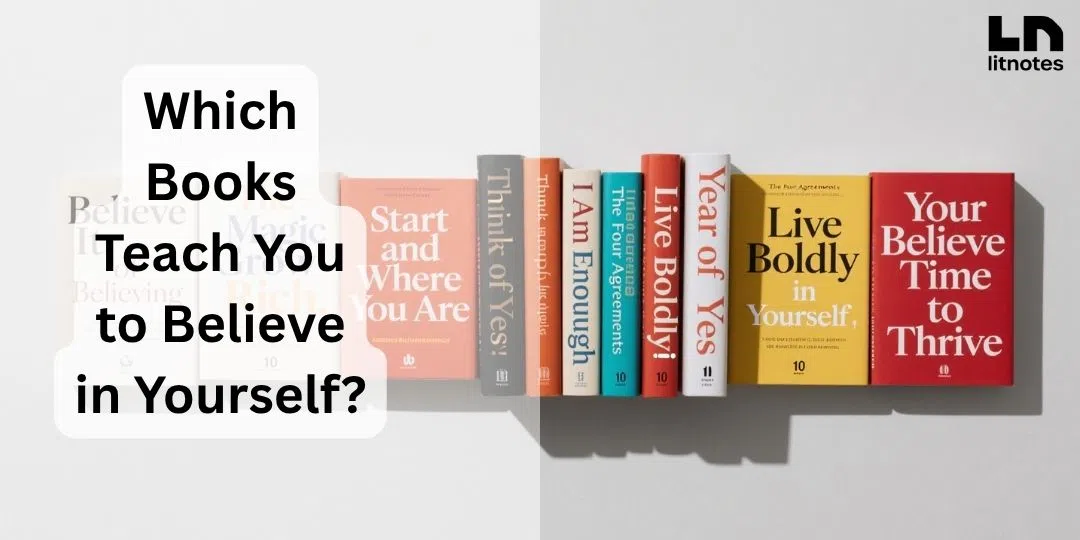
Which Books Teach You to Believe in Yourself?
By Penlet
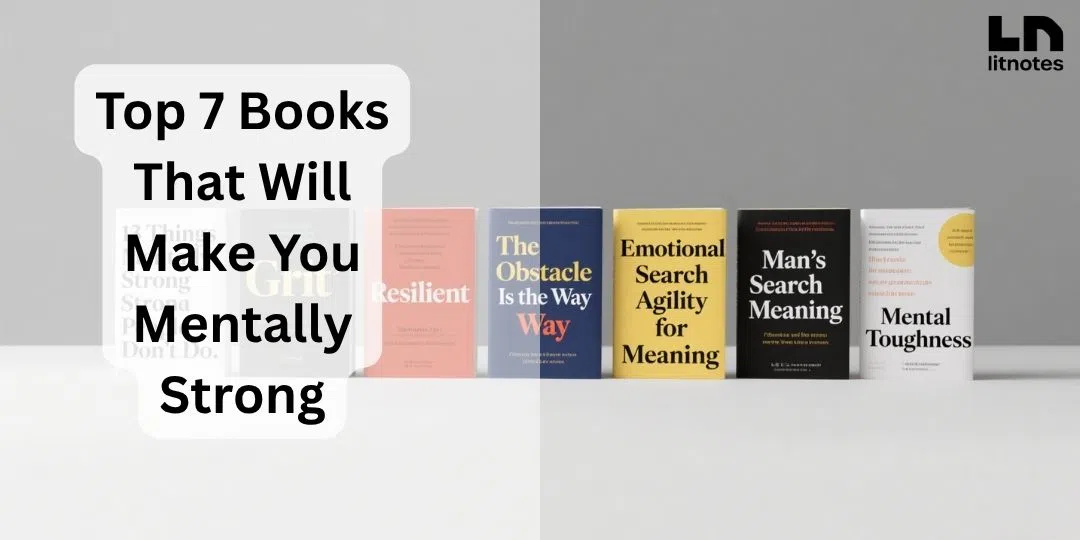
Top 7 Books That Will Make You Mentally Strong
By Scriblo

Top 10 Must-Read Books for Overcoming Self-Doubt
By Writely
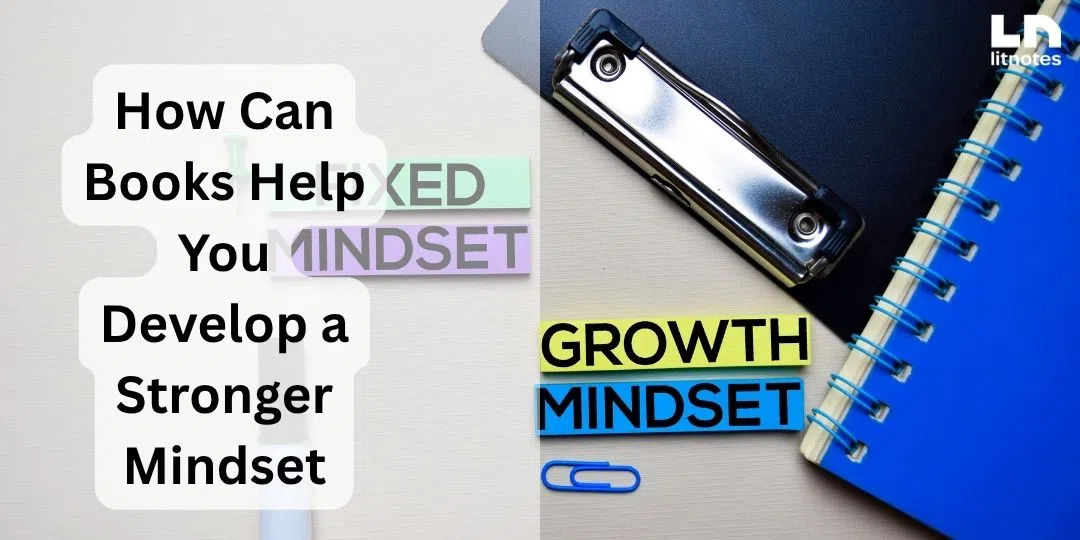
How Can Books Help You Develop a Stronger Mindset?
By Plottix
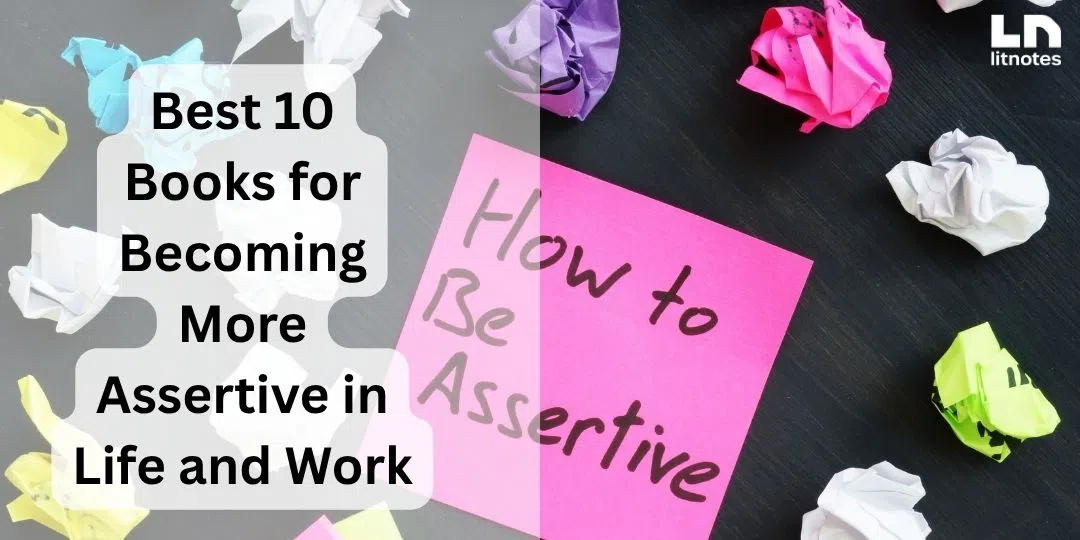
Best 10 Books for Becoming More Assertive in Life and Work
By Quotiva

How to Gain Confidence Through Reading: 10 Recommended Books
By Lexell